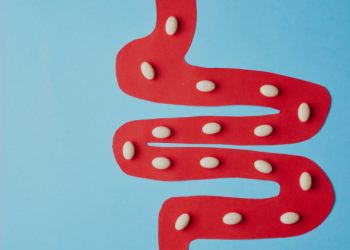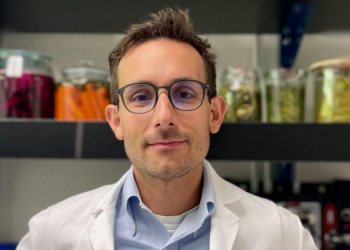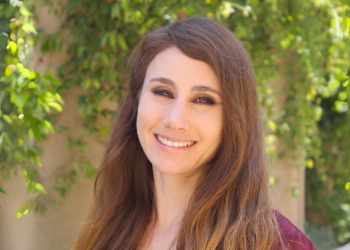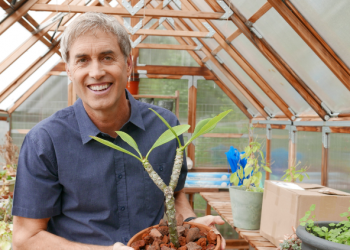Lifestyle Medicine Lessons from Makoyoh’sokoi (the Wolf Trail) Program
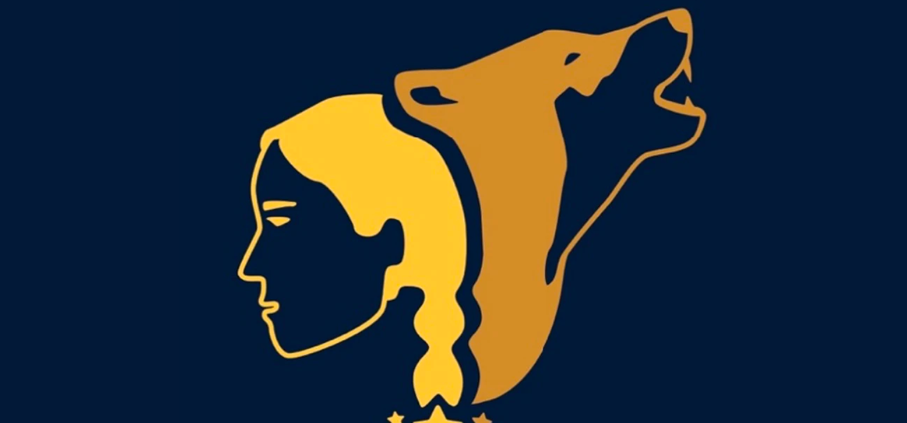
Community health that embraces culture is an important aspect of lifestyle medicine, but not all health recommendations are equally accessible or realistic for all peoples within a given region, particularly among Indigenous cultures. This has prompted Stanford researchers to investigate the influence of existing culture-specific programs that promote health and wellness at the individual and community levels.
“Indigenous populations didn’t practice the pillars of lifestyle medicine, they just lived their lives,” says Levi Frehlich, PhD (c), Stanford Lifestyle Medicine lead statistician and current University of Calgary PhD candidate. “They integrate physical activity and nutrition by foraging and hunting, and they integrate stress management, social engagement, reflection and gratitude within their ceremonies and daily rituals.”
Frehlich recently published a research paper, “Spread of Makoyoh’sokoi (Wolf Trail): a Community-led Physical Activity-based, Holistic Wellness Program for Indigenous Women in Canada.” As one of the principal investigators for the paper, Frehlich discusses the program’s development, implementation, and evaluation as a health initiative that has been ongoing for more than five years.
“The primary purpose of the Makoyoh’sokoi program is to support Indigenous communities and provide the best holistic program possible,” says Frehlich. “Yes, the research outputs are interesting, but really it comes down to helping improve the health of women in these communities.”
Makoyoh’sokoi – The Wolf Trail Program
The Makoyoh’sokoi (ma-koy-yoh-so-koy), or Wolf Trail, program is a free, 15-week holistic wellness program that offers various physical activities and guided health lessons by and for Indigenous women. Each week, women are guided through a lesson on different aspects of physical activity and wellbeing and are given the opportunity to explore the health resources in their surrounding community.
Initial data from previous offerings of the program reported increased activity levels, more positive relationships with food, enhanced social engagement, and improved health outcomes like weight and blood pressure management. Feedback during the pilot phase of the program was overwhelmingly positive, particularly about the opportunity to engage with Indigenous cultures in environments where it was explicitly safe and encouraged to do so. Over the last five years, the program has expanded to other regions of Canada, with oversight from the program’s advisory board, which includes community members, Elders, and allies.
Lifestyle Medicine and Community Health
The Makoyoh’sokoi program’s mission statement emphasizes three key elements of community health: “support”, “making a difference”, and “in our world”.
To support Indigenous women, the program has tailored educational and interactive materials with the help of physicians, dieticians, community leaders, and Elders to provide resources for every aspect of health. While some lessons lead participants through different physical exercises, others teach them how to design their own nutritious meals and how to tell the story of their health journey.
To make a difference in the lives of the participants, the program recognizes that everyone’s goal is different but united by similar themes that are personal, yet measurable.
Finally, the program is designed “in our world,” or in a manner that reflects beliefs central to Indigenous foundations of spiritual harmony. In practice, this becomes part of an intricate system of care that recognizes each person’s role in their community.
Historically, the colonization of Indigenous communities has heightened their risk of facing intergenerational traumas and chronic diseases like obesity and diabetes. Rather than dismissing the influence history and culture can have on one’s health, the program recognizes how these can impact people at individual and community levels. By recognizing these truths and giving women the space to process them together, the mission of the program remains steadfast as a beacon for the well-being of future Indigenous generations
“The pillars of lifestyle medicine have historically been a natural part of the lives of Indigenous populations, but with colonization, many of these healthy practices have been lost.” says Frehlich. “The Makoyoh’sokoi program reconnects women to their community and culture, supporting their health and well-being.”
To read more about the design of the program and its impact throughout Canada, “Spread of the Makoyoh’sokoi (Wolf Trail)...” was published in the Journal of Health, Population, and Nutrition in August 2023. To become more familiar with the program, read about the specific communities it serves, or become involved, go to the program’s website: https://wolftrail.ca.


